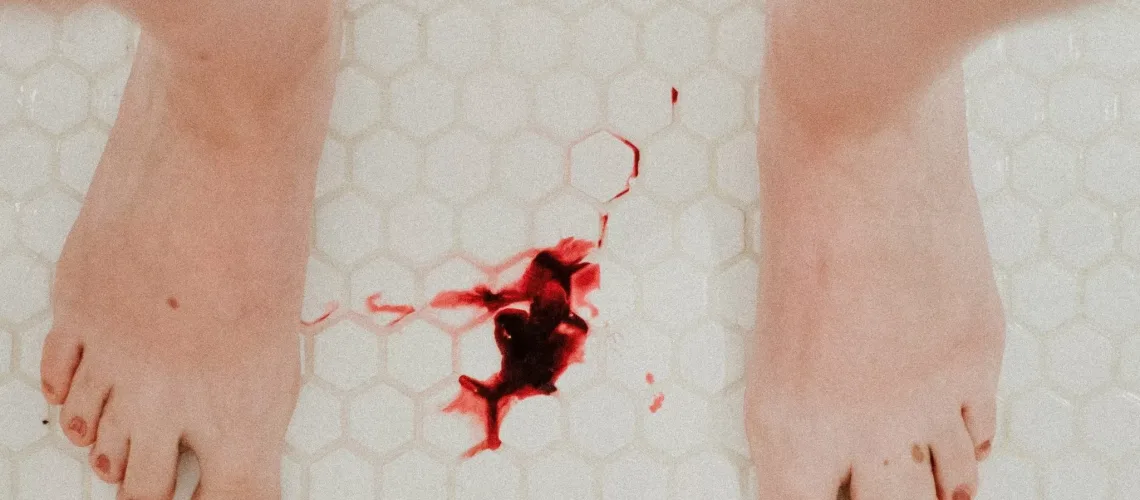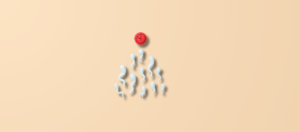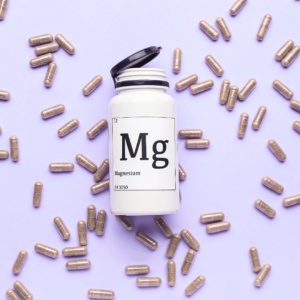For young girls menstrual health education is fairly abysmal, at best.
If we’re lucky, we discover what a period is before we start bleeding, and learn the ins and outs of using pads and tampons. We may get that far in period education, but the majority of us don’t learn about the entirety of the menstrual cycle until much later in life (if ever!).
Our period is the days we are bleeding, whereas the menstrual cycle is the whole hormonal dance resulting in a period. This includes the follicular phase, ovulation and the luteal phase. This is how we make our two main hormones; oestrogen and progesterone. These hormones are as vital to us as testosterone production is for men. Let’s dive in deeper!
Day 1 of our cycle is the first day of full bleeding. Day 1 also signifies the beginning of our follicular phase. This phase of the cycle is termed so as this is the time where a dominant follicle on one of our ovaries is grown and matured; where a follicle is a fluid filled sac that contains an egg.
As we move through our follicular phase, this follicle becomes larger and secretes oestrogen. The follicular phase lasts approximately 2 weeks, however it can last much longer typically when there are underlying imbalances with our hormones (this is what we commonly see with our PCOS sisters!).
As the follicle approaches maturation, we are approaching ovulation! We will ideally be seeing abundant cervical mucus letting us know ovulation is close. The volume of cervical mucus we see which will indicate ovulation is near, is highly unique to each woman and there is no real “optimal amount”.
Eventually due to hormonal signalling, it’s time for ovulation! The follicle will burst, releasing the egg from the follicle. However we’re not done with that follicle just yet, this powerhouse of a structure undergoes a transformation into a temporary endocrine gland called the corpus luteum. This corpus luteum PUMPS out our next hormone, progesterone, for the remainder of the cycle.
Once ovulation occurs, we say goodbye to our follicular phase and enter our luteal phase.
The luteal phase can last for a maximum of 17 days before the next period begins. Luteal phase length can vary for a lot of women, and any less than 11 days can potentially indicate lower levels of progesterone.
As we approach the end of our luteal phase, our progesterone levels begin to decline, this creates changes within the lining of our uterus and it prepares to shed, which will be the beginning of the next period, and we start this whole process all over again.
Understanding how the menstrual cycle works we can see there is more to our menstrual cycle
then just the days we bleed. Paying attention to the different phases of our cycle and any signs/symptoms that arise gives us valuable information into the underlying workings of our hormones and body as whole. We can use this information to our advantage! Here at FemTek we love to be able to help to decipher this with you.
Lauren Curtain
Lauren Curtain is a registered Chinese medicine practitioner, women's health focused acupuncturist and herbalist. She centres her practice around supporting women to navigate their hormones, menstrual cycles and fertility using a combination of education (all the women’s health info you didn't get in high school), acupuncture, herbal medicine, nutrition and lifestyle support. Lauren believes every woman has the right to know how her body works, and what she can do to optimise not only her reproductive health, but whole body health. Lauren has seen firsthand with her patients the dramatic improvements that can be made to reproductive health through simple, inexpensive, non-invasive techniques and firmly believes symptomatic periods and menstrual cycles can be a thing of the past and we can embody a thriving fertile life.





